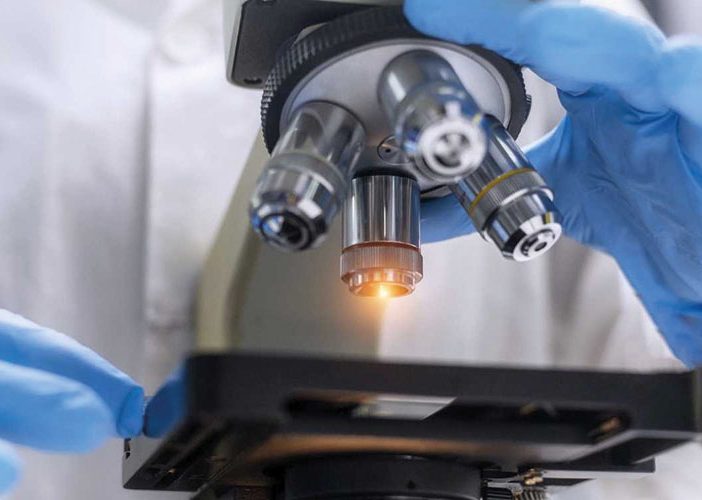
AI tool predicts kidney failure six times faster than human experts
Between 30,000 and 70,000 people in the UK have ADPKD, a common inherited kidney condition caused by the growth of fluid-filled sacs in the kidneys. The condition is currently monitored using repeated measurements of kidney enlargement from patient MRI scans, a labour-intensive process that takes hours of staff time.
To improve care for those living with ADPKD, kidney doctors and clinical scientists at the University of Sheffield and Sheffield Teaching Hospitals are using artificial intelligence to predict when a person’s kidneys might fail. The AI tool makes this prediction six times faster than the manual process.
Professor Albert Ong, Professor of Renal Medicine at the University of Sheffield said:
“This tool will enable kidney clinics worldwide to measure kidney volume quickly and accurately. It will also make the measurement of kidney volume possible at clinics where there is a lack of specialist expertise”



























